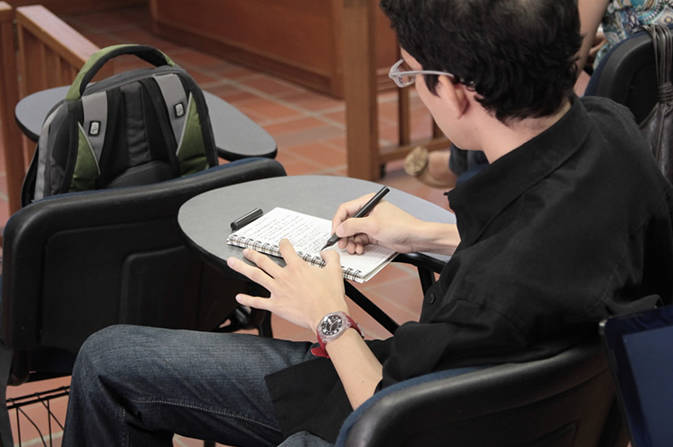Juan Fernando Arenas Jaramillo
9 semesters and 1 semester of work placement
$ 11.570.000 COP
Icesi lawyers are recognized within their field as professionals with solid research skills, able to develop concrete knowledge in any area of law, knowledgeable about the issues at the forefront of the discipline, and possessing a clear, critical eye.

In 2015, the Ministry of National Education granted Icesi University the renewal of the High Quality Institutional Accreditation until 2021. This is a recognition of the permanent commitment of Icesi within the region and the country, to maintain high standards of quality in the development of the functions of training, research and social outreach, as well as administrative support work.


A candidate interested in Universidad Icesi's Law program must be curious about the origin and functioning of legal institutions, as well as the policies that make up the national and global scenarios. He/she must also have the ability to take a critical and reflective look when approaching study. Likewise, the applicant must be willing to acquire research and argumentation skills to elaborate ethical and reasoned solutions to legal problems and contribute positively to the political and social change in our country.

Universidad Icesi's Law program is built on the development of legal argumentation, problem solving, critical thinking, investigative capacity and analytical skills. Thus, a lawyer from Icesi is recognized within the field as a professional with solid investigative skills, capable of developing concrete knowledge in any area of law, aware of cutting-edge debates in the discipline and with a clear critical sense.

Graduates of Universidad Icesi law program have the opportunity to work in the following areas:
Some domestic and international organizations where our graduates work include: